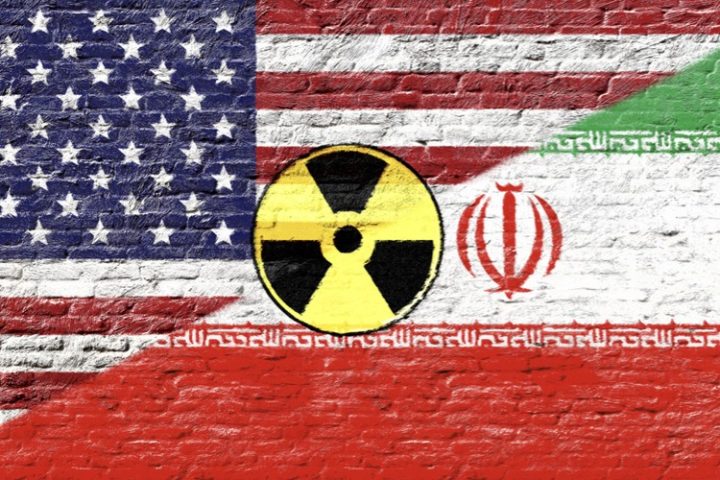
A European diplomat late last week claimed a U.S. agreement with Iran to revive the 2015 nuclear deal could be reached within days, as the world remains focused on the Russian invasion of Ukraine. This comes after weeks of talks in Vienna.
The nuclear deal, known officially as the 2015 Joint Comprehensive Plan of Action (JCPOA), set limits on Iran’s nuclear activity in exchange for dialing back international sanctions. The Trump administration took the United States out of the deal over concerns that the agreement did not do enough to prevent Iran from developing nuclear weapons.
Iran ultimately withdrew as well, after the Trump administration re-imposed sanctions in accordance with its maximum-pressure campaign. Since then, Tehran has been increasing its enrichment. The International Atomic Energy Agency (IAEA) said recently it believes Iran has significantly grown its stockpile of highly enriched uranium, though the regime’s limits on inspectors makes it difficult to verify the exact size of the stockpile.
The Biden administration wants to re-enter the deal. Talks to revive it began in Vienna last year, though the discussions stalled amid demands for significant sanctions relief by Iran’s hard line regime.
The Ukraine situation raises questions about Russia’s involvement in the Iran nuclear deal, such as the possibility that it may give Moscow financial benefits, such as payments for taking Iranian uranium. But the European diplomat told Fox news that the concerns are “nothing that can’t be overcome.”
Last month, Secretary of State Anthony Blinken signed a waiver that restored the ability of foreign companies and other countries to participate in civilian nuclear and safety projects in Iran without the consequence of US sanctions.
One senior State Department official said the waivers were a response to growing non-proliferation concerns with respect to increasing stockpiles of enriched uranium by Tehran, and that without the waiver, “detailed technical discussions with third parties regarding disposition of stockpiles and other activities of nonproliferation value cannot take place.”
Writing at The Hill, Eric Mandel, director of the Middle East Political Information Network (MEPIN), related:
Gabriel Noronha, a former Senate Armed Services Committee aide to the late Sen. John McCain (R-Ariz.) and former State Department official, has tweeted specifics of some American concessions to Iran. Noronha says his former State Department, National Security Council, and European Union colleagues were so alarmed about compromises the Biden administration appears to be making with Iran that they allowed him to publish details to alert Congress to how the pending agreement could undermine America’s national security interests.
Noronha tells me his former colleagues hold out hope that Congress “will act to stop the capitulation” by the Biden administration. Sanctions relief reportedly is being offered for some of Iran’s worst human rights abusers and terrorists, as well as the Islamic Revolutionary Guard Corps (IRGC), which the State Department designated as a Foreign Terrorist Organization in 2019. Among those who reportedly could be granted a reprieve from sanctions are IRGC Gen. Hossein Dehghan, who led forces that killed 241 U.S. soldiers in 1983 in Beirut, and Ayatollah Khamenei’s personal corporations, worth tens of billions of dollars.
The long list of concessions expected to be given by Biden to Iran has observers worried. The United States has already helped restore Iran’s voting rights in the United Nations by releasing Iranian funds frozen in South Korean banks. Now, an exchange of U.S. and Iranian prisoners, along with a release of funds, is expected to be part of the new deal.
As Noronha tweeted: “Every individual and entity that was de-sanctioned under the JCPOA’s Annex II Attachment 3 will have all sanctions stripped again, even though close to 100 of them were later sanctioned for terrorism, human rights violations, and participation in Iran’s WMD activities.”
It appears Biden hopes to bypass the Iran Nuclear Agreement Review Act (INARA) of 2015, which requires that any changes to the nuclear deal be given a 30-day hearing in Congress.
Are Biden and Blinken dead-set on entering a deal that ignores Iran’s activities since the first agreement, including missile development human rights abuses, terrorism, and efforts to achieve hegemonic domination of its neighbors?
Unfortunately, with Americans fixated on Ukraine, this deal may fly under the radar without intense public or congressional scrutiny. Was that the Biden administration’s plan all along?




